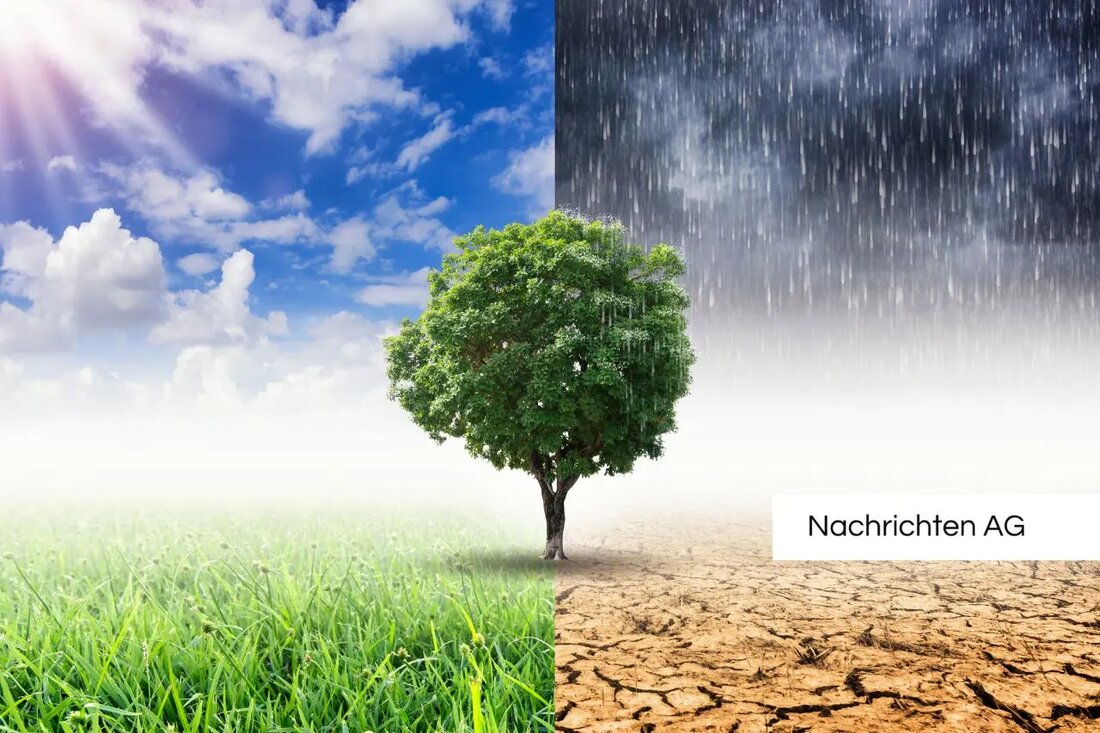Separation of waste in the district: lower CO2 emissions and save money!
Separation of waste in the district: lower CO2 emissions and save money!
The district of Southern Weinstraße (Süw) has set itself the goal of significantly optimizing the waste separation in the area. According to information from Wochblatt Reporter , improper garbage separations are a serious problem. Every year, these practices cause around 5,600 tons of CO2 emissions and cause environmental damage that, according to the Federal Environment Agency, cost around 4.8 million euros.
These financial burdens are not covered by the waste fees, but must be borne by the general public. In order to counteract this problem, the district relies on comprehensive educational and sensitization measures for the correct waste separation.
shocking residual waste analysis
A residual waste analysis from 2024 has delivered alarming results: only 45.4 percent of the residual waste are actually compostable or recyclable. Almost 33 percent of the garbage in the black bin consist of organic waste, and 21 percent are valuable materials such as paper and glass. It is particularly worrying that 0.6 percent are problems that should not be included in a proper waste separation. The plant manager Rolf Mäckel emphasizes that up to 54 percent of the residual waste could potentially be used, which corresponds to about 47 kilograms per person per year.
The district has already integrated various recycling measures, including energetic residual waste use, composting and the fermentation of organic waste. Some of the organic waste is used in Germersheim. The organic bin plays a central role in waste avoidance, with almost 27,900 tons available in the district. These include only vegetable and obstacles, solid food residues, bread remains, coffee grounds and cut flowers. Plastic and other foreign substances are strictly prohibited.
information campaigns and sensitization
In the middle of February, an information brochure is published that offers tips on avoidance waste and optimal disposal. This important brochure is attached to the district's official gazette and is intended to serve as a helpful instrument for the population. The sensitization of migrants brings special challenges with it, since environmental protection and integration have to go hand in hand here. Suggestions for implementation include a multilingual brochure that actively includes foreign citizens.
The EWW waste consultants are available to ask interested citizens for questions. You can be reached on phone numbers 06341 940-420, -428 or -429. Sustainable waste separation could not only contribute to reducing costs, but also to benefit environmental and climate protection considerably. Information on this can also be found in detail at the Environmental Bundesamt href = "https://www.muelltraNNENTIEN-WIRKT.de/fileadmin/user_upload/Presse/factsheets_und_studien/2024-02_dual_systeme_faktenblatt.pdf"> Will separation works .
| Details | |
|---|---|
| Quellen | |


Kommentare (0)